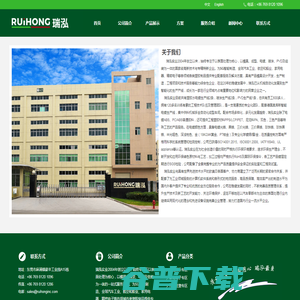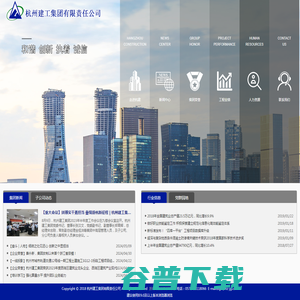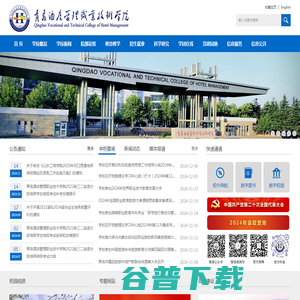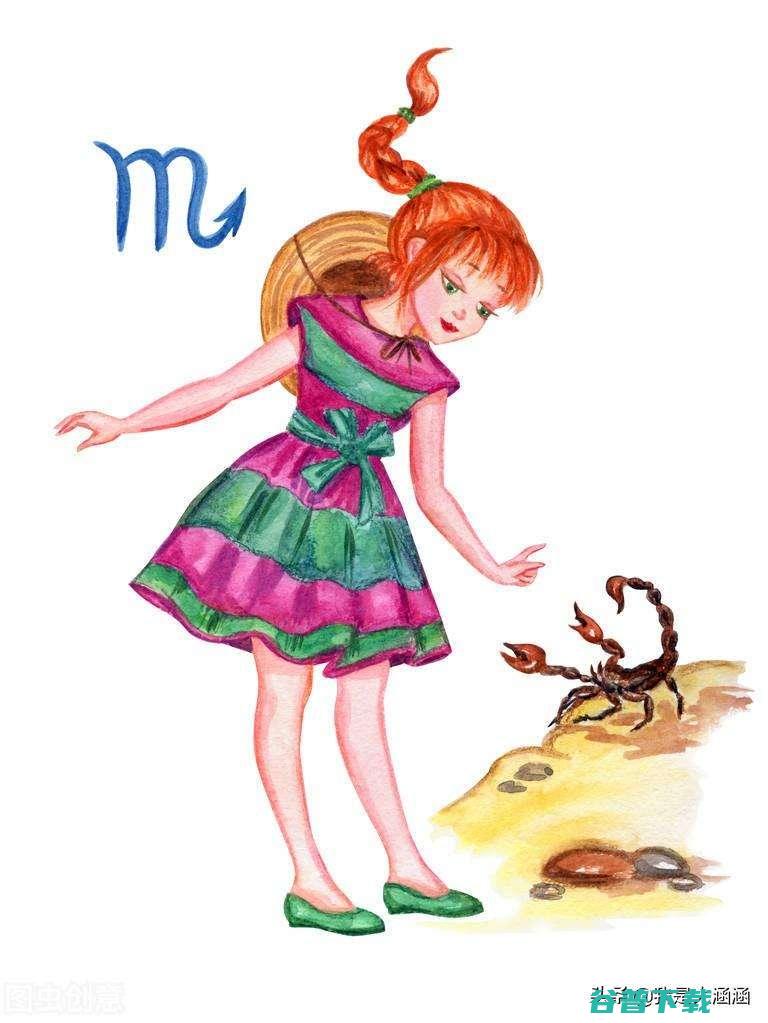excessive是什么意思 (excess什么意思)
excessive英 [ ɪkˈsesɪv ]美 [ ɪkˈsesɪv ]适度的,过多的。
罕用释义:
释义:
adj.适度的,过多的。
例句:
conformity is usually caused by fear of disapproval.
过火随大流理论是因为担忧不被认同形成的。
2. Excessive pressure can lead to perforation of the stomach wall.
过大的压力会造成胃壁穿孔。
3. The police vigorously denied that excessive force had been used.
警方波动否定曾适度经常使用武力。
4. There are times when the book suffers from excessive authorial control.
该书曾几次遭到作者过多的限度。
5. Most member countries have already legislated against excessive overtime.
大局部成员国曾经立法制止适度加班。
同义词:
1. 过多的,极度的;过火的。
extremeultratall.
excessive和excess区别
excessive和excess的区别是含意不同、词性不同、用法不同。
excess有两个词性,作名词时意为“超越;适度;过火;过多的量;超越的量;免赔额;自傲额”,作描画词时意为“超额的;额外的;附加的;适度的”;excessive只要描画词一个词性,意为“过火的;适度的”。
一、excessive
1、读音
英 [?k?ses?v] 美 [?k?ses?v]
2、释义
adj.过火的;适度的
3、搭配短语
excessive growth 开展过快;涨幅偏高;适度增长;生长过快
excessive consumption 超前生产;适度消耗;适度生产;超前破费
excessive lift 多起
excessive expansion 适度收缩
excessive drinking 适度饮酒; 酗酒; 量饮酒; 度饮酒
4、用法
excessive多用于润色形象名词。
5、双语例句
Excessive drinking is a social menace.
适度饮酒是一种社会公害。
As expected, excessive drinking caught up with him.
正如所预料的那样,适度地饮酒最终毁了他。
二、excess
1、读音
英 [?k?ses , ?ekses] 美 [?k?ses , ?ekses]
2、释义
n.超越;适度;过火;过多的量;超越的量;免赔额;自傲额
adj.超额的;额外的;附加的;适度的
3、搭配短语
excess liquidity 流动性过剩;额外流动资金;剩流动性
EXCESS EXTENSION 突咀
excess reserves 额外储藏金;超额储藏
4、用法
excess作为描画词经常使用时,多用于润色具象名词。
5、双语例句
Avoid deposits in excess of £ 20,000 in any one account
繁多账户贷款勿超越两万英镑。
The energy value of dried fruits is considerably in excess of that of fresh items.
干果的能量值大大超越新颖水果。
最后总结,经过以上对于excessive和excess区别内容引见后,置信大家会对excessive和excess区别有个新的了解,更宿愿可以对你有所协助。
excess和excessive的区别是什么?
这两个词的区别我懂,给大家便捷总结了两个词的含意、发音以及用法,先大略的了解一下~~
接上去让咱们看下的其余区别:
1. Excess 理论用作名词,示意超出某个量或限度的局部。
而 excessive 则用于描画词,示意适度、过多或过火的。
例句:
- The company produced an excess of clothing that they couldnt sell.
公司制作了过多的衣服,不可开售。
- His excessive drinking habit landed him in trouble with the law.
他适度饮酒的习气使他堕入了法律疑问。
2. Excess 可示意过剩或适度,而 excessive 重要是指一种负面成果,例如糜费、美食中毒等。
例句:
- The excess food was donated to a local food bank.
适量的食物被捐献给外地的食品银行。
- The excessive use of pesticides on crops is causing harm to the environment.
农作物上适度经常使用农药对环境形成了危害。
3. Excess 更着重于指数量多余,超越需求或可接受的范围。
而 excessive 则并重于描画具备消极影响的品质或水平。
例句:
- The company was fined for having an excess amount of pollution emissions.
公司因少量污染物排放而被罚款。
- Her excessive use of social media was interfering with her professional and personal life.
她适度经常使用社交媒体搅扰了她的职业和团体生存。
4. Excess 可以描画数额、品质或任何数量或范围的超出。
而 excessive 理论描画一些不用要或有效的行为或行为的负面影响。
例句:
- The excess weight on the airplane was a safety concern.
飞机上的超重是一个安保的疑问。
- Her excessive attention to detail was causing the project to fall behind schedule.
她适度关注细节造成名目进展落后。
5. Excess 更罕用于技术性、经济学和商业畛域。
而 excessive 愈加实用于心思学、人类行为和医学畛域。
例句:
- The factory was generating excess waste that needed to be disposed of properly.
工厂发生了过多的渣滓须要妥善解决。
- His excessive worry was causing him to lose sleep and feel anxious.
他适度担忧造成他失眠并感到焦虑。































